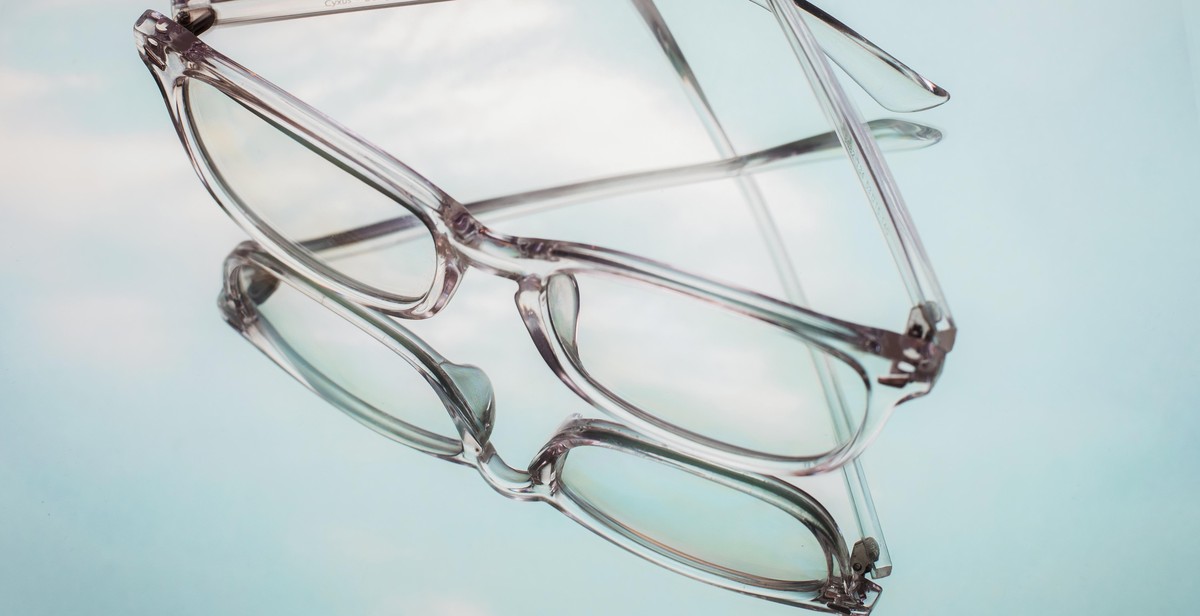Introduction: How to Soothe and Calm Irritated Scalp
An irritated scalp can be uncomfortable and frustrating to deal with. It can cause itching, flaking, redness, and even hair loss in severe cases. There are many factors that can contribute to an irritated scalp, including dryness, sensitivity to hair products, scalp psoriasis, and seborrheic dermatitis.
If you are experiencing an irritated scalp, it is important to address the issue as soon as possible. Ignoring the problem can lead to further irritation and potentially more serious scalp conditions.
What is an Irritated Scalp?
An irritated scalp is a condition where the skin on the scalp is inflamed and sensitive. It can be caused by a variety of factors, including:
- Dryness
- Sensitivity to hair products
- Scalp psoriasis
- Seborrheic dermatitis
- Fungal infections
- Allergic reactions
Symptoms of an irritated scalp include itching, flaking, redness, and tenderness. In severe cases, it can lead to hair loss and scarring.
In the following sections, we will discuss some effective ways to soothe and calm an irritated scalp, as well as tips for preventing further irritation.

Causes of an Irritated Scalp
An irritated scalp can be caused by a variety of factors. Here are some of the most common causes:
Product Build-Up
Using too many hair care products or not washing your hair regularly can lead to product build-up on your scalp. This build-up can clog hair follicles and irritate the scalp, leading to itching and soreness.
Dandruff
Dandruff is a common condition that causes flakes of dead skin to appear on the scalp. It can be caused by a variety of factors, including dry skin, oily skin, and yeast overgrowth. Dandruff can be itchy and uncomfortable, and it can also lead to scalp irritation.
Psoriasis
Psoriasis is a chronic autoimmune condition that causes the skin to produce too many new cells. This can lead to thick, scaly patches on the scalp that can be itchy and painful. Psoriasis can also cause redness and inflammation on the scalp.
Eczema
Eczema is a condition that causes the skin to become inflamed and itchy. When it occurs on the scalp, it can cause redness, flaking, and itching. Eczema can be triggered by a variety of factors, including stress, allergens, and irritants.
Allergic Reactions
Sometimes, an irritated scalp can be caused by an allergic reaction to a hair care product or other substance. This can cause redness, itching, and swelling on the scalp. Allergic reactions can be mild or severe, and they can occur suddenly or over time.
Dry Scalp
Dry scalp is a common condition that occurs when the skin on the scalp becomes too dry. This can be caused by a variety of factors, including cold weather, low humidity, and using harsh hair care products. Dry scalp can be itchy and uncomfortable, and it can also lead to dandruff.

Symptoms of an Irritated Scalp
An irritated scalp can be uncomfortable and distracting. If you are experiencing any of the following symptoms, it may be a sign that your scalp is irritated:
- Itching: One of the most common symptoms of an irritated scalp is itching. Your scalp may feel tight, dry, and itchy, and scratching can make the irritation worse.
- Redness: If your scalp is irritated, you may notice redness or inflammation. This can be caused by a variety of factors, including allergies, infections, and harsh hair products.
- Flaking: Another common symptom of an irritated scalp is flaking. This can manifest as dandruff or small white flakes that fall from your scalp.
- Tenderness: If your scalp is irritated, it may feel tender to the touch. This can be caused by inflammation or damage to the scalp.
If you are experiencing any of these symptoms, it is important to take steps to soothe and calm your irritated scalp. This may include using gentle hair products, avoiding harsh chemicals, and incorporating scalp treatments into your hair care routine.

Home Remedies for Soothing an Irritated Scalp
Dealing with an irritated scalp can be frustrating and uncomfortable. Fortunately, there are several home remedies that can help soothe and calm your scalp. Here are some of the most effective remedies:
Apple Cider Vinegar
Apple cider vinegar has anti-inflammatory and antifungal properties that can help calm an irritated scalp. To use, mix equal parts water and apple cider vinegar and apply the mixture directly to your scalp. Let it sit for 15-20 minutes before rinsing with cool water. Repeat this treatment once a week for best results.
Tea Tree Oil
Tea tree oil is a natural antiseptic that can help reduce inflammation and irritation on the scalp. Mix a few drops of tea tree oil with a carrier oil (such as coconut oil) and massage the mixture into your scalp. Leave it on for 30 minutes before washing it out with shampoo. Repeat this treatment once or twice a week.
Aloe Vera
Aloe vera has soothing properties that can help reduce itching and inflammation on the scalp. Apply fresh aloe vera gel directly to your scalp and leave it on for 30 minutes before washing it out with shampoo. Repeat this treatment once or twice a week.
Coconut Oil
Coconut oil is a natural moisturizer that can help soothe a dry, irritated scalp. Warm up some coconut oil and massage it into your scalp, focusing on any particularly irritated areas. Leave it on for 30 minutes before washing it out with shampoo. Repeat this treatment once a week.
Baking Soda
Baking soda can help exfoliate the scalp and remove any buildup that may be causing irritation. Mix a tablespoon of baking soda with water to form a paste and apply it directly to your scalp. Gently massage it in and leave it on for 10-15 minutes before rinsing with cool water. Repeat this treatment once a week.
These home remedies can help soothe and calm an irritated scalp, but if your symptoms persist or worsen, it’s important to see a doctor or dermatologist to rule out any underlying conditions.

Over-the-Counter Treatments for an Irritated Scalp
There are several over-the-counter treatments available for an irritated scalp. These treatments can help alleviate symptoms such as itching, flaking, and redness. Here are some of the most effective treatments:
Anti-Dandruff Shampoos
Anti-dandruff shampoos are specifically formulated to treat dandruff, a common cause of an irritated scalp. These shampoos contain ingredients such as zinc pyrithione, selenium sulfide, and ketoconazole, which work to reduce the production of yeast on the scalp. This helps to soothe the scalp and reduce inflammation. It is important to use the shampoo as directed and to leave it on the scalp for a few minutes before rinsing.
Coal Tar Shampoos
Coal tar shampoos are another effective treatment for an irritated scalp. Coal tar is a byproduct of coal processing and has anti-inflammatory properties. It works by slowing down the production of skin cells on the scalp, which can reduce itching and flaking. However, coal tar can be irritating to some people, so it is important to test the shampoo on a small area of skin before using it all over the scalp.
Salicylic Acid
Salicylic acid is a common ingredient in many over-the-counter scalp treatments. It works by softening and loosening the outer layer of the skin, which can help to reduce itching and flaking. Salicylic acid can be found in shampoos, creams, and gels. It is important to use the product as directed and to avoid using it on broken skin.
Hydrocortisone Creams
Hydrocortisone creams are a type of steroid cream that can be used to treat inflammation and itching on the scalp. These creams work by reducing inflammation and suppressing the immune response. However, long-term use of hydrocortisone creams can cause thinning of the skin and other side effects, so it is important to use them as directed and under the guidance of a healthcare professional.
Overall, there are several over-the-counter treatments available for an irritated scalp. It is important to choose the right treatment based on the cause of the irritation and to follow the directions carefully to achieve the best results.

When to See a Doctor
If your scalp irritation persists despite home remedies and over-the-counter treatments, it may be time to see a doctor. Here are some signs that you should seek medical attention:
- Severe itching or burning that does not improve with treatment
- Painful bumps or sores on the scalp
- Redness and inflammation that spreads to other areas of the scalp
- Hair loss or thinning
- Fever or other signs of infection
These symptoms may be indicative of a more serious condition, such as scalp psoriasis, eczema, or an infection. A dermatologist can diagnose and treat these conditions with prescription medications and specialized treatments.
Additionally, if you have a preexisting medical condition or are taking medication that may be contributing to your scalp irritation, it is important to consult with a doctor before trying any home remedies or over-the-counter treatments.
Remember, early treatment is key to preventing complications and promoting scalp health. If you are experiencing persistent scalp irritation, do not hesitate to schedule an appointment with a healthcare professional.

Conclusion
Dealing with an irritated scalp can be a frustrating and uncomfortable experience. It can cause itchiness, flakiness, and even hair loss if left untreated. However, there are many natural remedies and lifestyle changes that can help soothe and calm your scalp.
First, it is important to identify the cause of your scalp irritation.
Is it due to a dry scalp, product buildup, or a medical condition like psoriasis or eczema? Once you know the cause, you can choose the appropriate treatment.
Second, consider using natural remedies for your irritated scalp.
These can include ingredients like tea tree oil, coconut oil, aloe vera, and apple cider vinegar. These ingredients have anti-inflammatory and antimicrobial properties that can help soothe and heal your scalp.
Third, make lifestyle changes to promote scalp health.
This can include eating a balanced diet rich in vitamins and minerals, avoiding harsh hair products, and washing your hair regularly but not too frequently.
Lastly, if your scalp irritation persists or worsens, seek medical advice.
Your doctor or dermatologist can help diagnose and treat any underlying medical conditions that may be causing your scalp irritation.
Overall, taking care of your scalp is an important part of maintaining healthy hair. By using natural remedies, making lifestyle changes, and seeking medical advice when necessary, you can soothe and calm your irritated scalp and enjoy healthy, strong hair.
